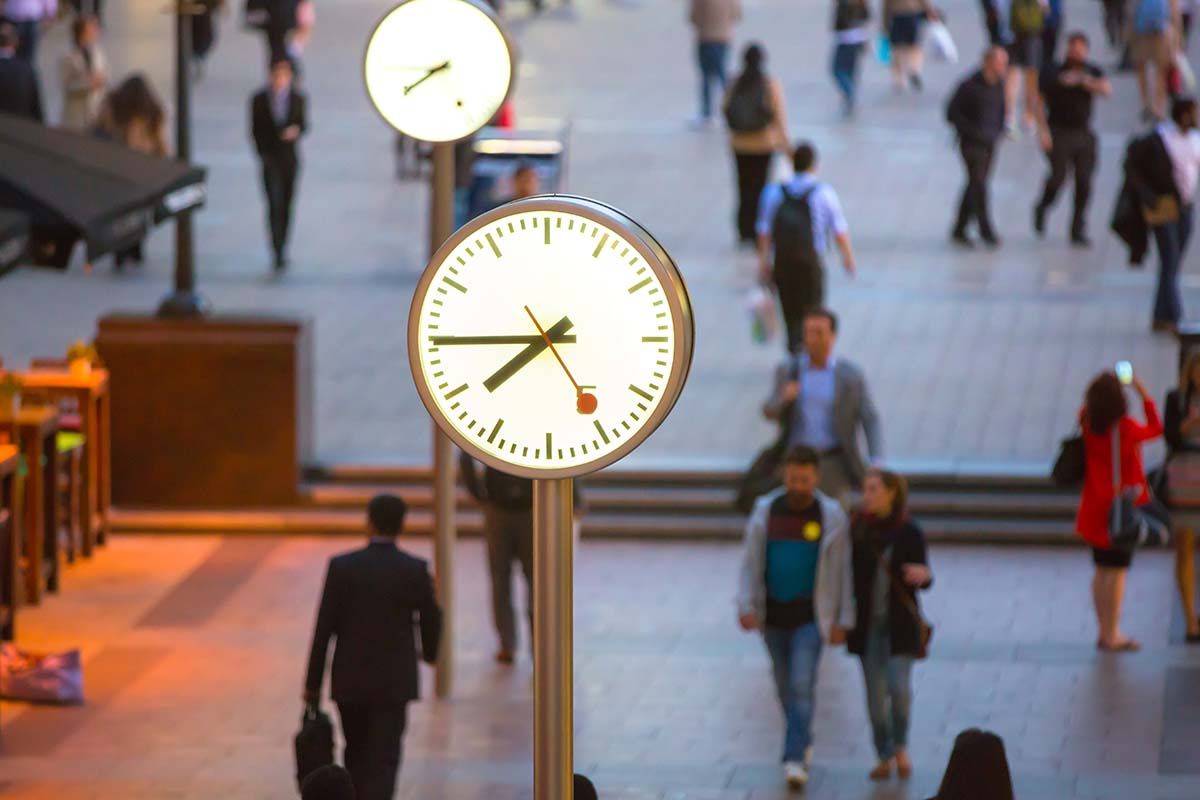UK Jobs Market in Rude Health Ahead of Coronavirus-induced Recession
- Written by: James Skinner

© IRStone, Adobe Stock
Britain's labour market was in rude health early in the New Year before the coronavirus cropped up in Wuhan, although with the deadly viral pneumonia now in three quarters of the world's countries including the United Kingdom, the economy is widely expected to suffer a recession this year.
Unemployment rose to 3.9% in January, from 3.8% previously and when economists were looking for an unchanged reading, while the welfare claimant count rose 17.3k. That was faster than the 6.2k increase anticipated by the consensus but both developments came against a backdrop of increasing overall employment, with the employment rate rising 0.4% to 76.5%.
There were 32.8 mn people in work during the August-to-October period, although that number rose to 32.98 mn in the October-to-January period, suggesting the January increase in the jobless rate could have more to do with changes in 'participation' than it does any weakening of the labour market. After all, average weekly earnings growth did strengthen that month, and more so than markets had looked for.
"The U.K.’s labour market remained relatively healthy just before the coronavirus shock," says Samuel Tombs, chief UK economist at Pantheon Macroeconomics. "The number of people inactive due to family commitments has continued to fall rapidly, driven in part by increased government support for childcare in recent years. This sharp decline in inactivity, together with steady growth in the workforce due to an expanding population, ensured that the unemployment rate ticked up to 3.9%, despite strong employment growth."
Average weekly earnings growth was 3.1% in the October-to-January period, up from 2.9% previously and when markets were looking for growth of 3%. Normally such figures might be welcomed by economists and taken positively by the Pound, although on this occasion they matter little to the market in the light of the situation around coronavirus, which is now a crisis of historic proportions that's threatening a sudden stoppage of vast parts of the economy.
Prime Minister Boris Johnson said Monday the British public should avoid "unnecessary social contact" and keep away from pubs, restaurants and other social haunts. This is 'a very British' form of 'lockdown' in its own right, although one that could potentially be formalised and enforced at a later date. This could have severe consequences for the nation's businesses who depend upon passing trade and is widely expected to lead to a recession this year.
"We now think that the economic effects of the coronavirus will result in GDP falling by around 15% q/q in Q2, that the Bank of England will soon launch £150bn of quantitative easing, and that the government will need to act as a backstop for banks and other sectors to prevent a deeper and longer-lasting recession," says Paul Dales, chief UK economist at Capital Economics.
Already the Bank of England has cut the Bank Rate back to its record low of 0.25%, from 0.75% previously, and relaxed the countercyclical capital buffer for commercial banks, freeing up around 1% of all risk-weighted-assets for lending to companies and households. However, many say it will need to do more in the weeks and months ahead to support the economy.
The BoE says there's £1 trillion of "high-quality liquid assets" held as regulatory capital, which is nearly 50% of GDP, that can potentially be used for lending, although markets expect the bank's next move to be a further cut that takes Bank Rate down to 0.10% and a £100bn quantitative easing program that pushes down government bond yields.
Government announced in its budget that it will spend around £30 bn this year to support the National Health Service and businesses affected by the outbreak, although increasing numbers of observers say it needs to go much, much further. The budget stimulus amounts to just more than 1% of GDP although other countries including France and New Zealand are spending 4% of GDP.
Chancellor Rishi Sunak will attend the Prime Minister's press conference Tuesday, which could indicate that further measures are about to be unveiled.
"The G7 understand that the coronavirus crisis requires the same kind of cohesive and collective response that occurred during the peak of the Global Financial Crisis. It provides some relief for global investors who are now waiting to see if those words will be backed up by decisive policy action," says Lee Hardman, a currency analyst at MUFG.



